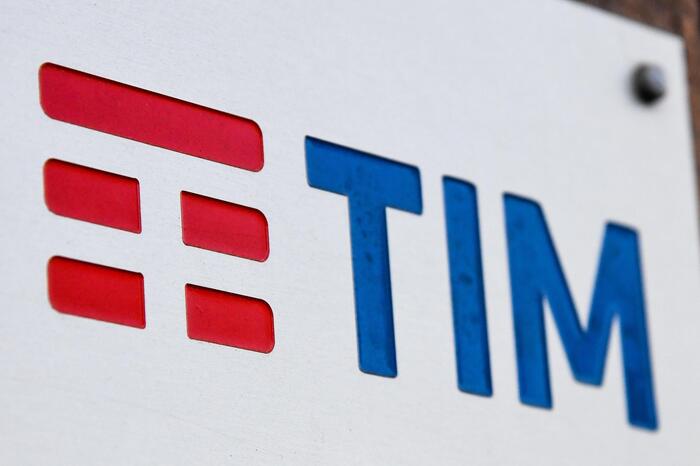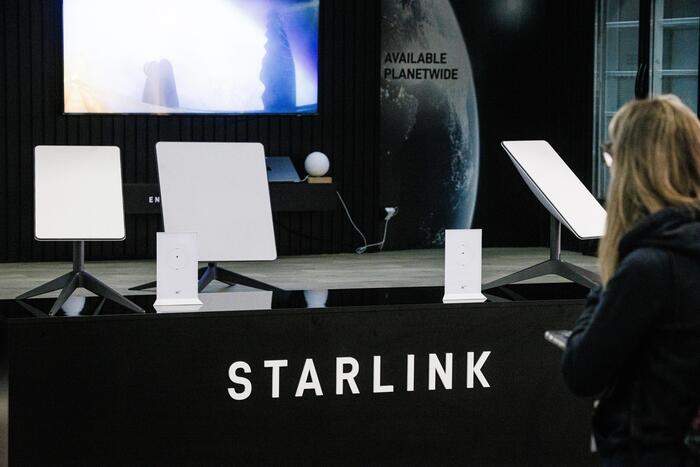Enlarge image
Taikonaut Ye Guangfu doing external work on the Tiangong space station (screenshot from December 26th from the Chinese space control center)
Photo: Guo Zhongzheng / imago images / Xinhua
The Chinese Foreign Ministry accuses the US of violating space treaties.
China urges the United States to act responsibly, Ministry spokesman Zhao Lijian said at a press conference in Beijing on Tuesday.
Unlawful behavior by the US has put astronauts, known in China as taikonauts, at risk.
The background is two near-collisions between the Chinese "Tiangong" space station and satellites from the "Starlink" program of the US company SpaceX owned by multibillionaire and Tesla boss Elon Musk.
Calls for boycotts against Tesla and calls for sanctions were shared a million times across China's internet services on Tuesday.
According to Beijing, the Chinese "Tiangong" space station had to change course twice because satellites from the SpaceX Starlink program were on a collision course with it.
The incidents therefore occurred in July and October.
"The maneuvering strategy was unknown and the errors in the orbit were difficult to assess," said Beijing about the incident in October.
Measures have been taken to "ensure the safety and life of the astronauts in orbit."
Calls for a boycott against Tesla
A collision with the space station would probably have "completely destroyed" and killed everyone on board, said astrophysicist Jonathan McDowell of the Harvard-Smithsonian Center for Astrophysics of the AFP news agency.
There was great outrage over the incidents on Chinese online services.
"How ironic that the Chinese buy Tesla and donate large sums of money so that Musk can launch Starlink, and then he [almost] crashes into China's space station," commented one user.
"Prepare to boycott Tesla," wrote another.
Some users speculated that the US government would have imposed sanctions if a Chinese company had threatened a US space station.
"Why don't we just do what they would?" Wrote one.
Evasive maneuvers are necessary more often
A first module of the “Tiangong” (“Heavenly Palace”) space station was brought into space this year, and it should be fully functional in the course of the coming year.
China has an ambitious space program.
The country has already sent a rover to Mars and probes to the moon.
SpaceX's Starlink operates more than 1,700 satellites.
The aim of the program is to give large parts of the world access to the Internet.
"Since Starlink has been in operation, we've seen an increase in the number of nearby flybys," said astrophysicist McDowell.
Evasive maneuvers in the near-earth orbits would, however, generally become more and more necessary because more and more objects crowd there.
Musk is admired by many in China.
Tesla sells one in four of its vehicles in the Chinese market.
The US manufacturer is one of the few foreign companies that operates a wholly owned plant in Shanghai.
Most recently, however, Tesla's reputation had also suffered as a result of several accidents, scandals and problems with data storage.
ak / Reuters / AFP



/cloudfront-eu-central-1.images.arcpublishing.com/prisa/RIQQXVYJMFETZBCNMM4JS7QSE4.jpg)

/cloudfront-eu-central-1.images.arcpublishing.com/prisa/64IMUBBOIZEUXMA6MUFZQMQHHE.jpg)
/cloudfront-eu-central-1.images.arcpublishing.com/prisa/Q2GFUQLBLVDFDE4G6U6GH2UFJE.png)


